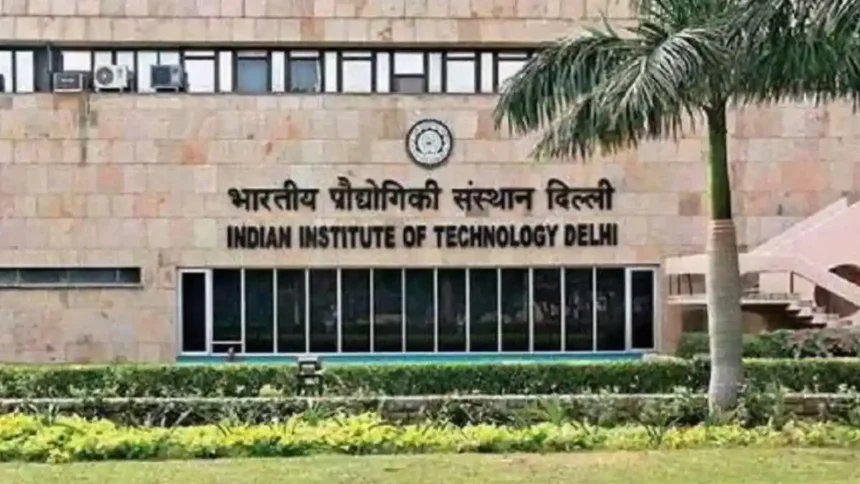Right now, India is buzzing with excitement. The Defence Research and Development Organisation (DRDO) and the Indian Institute of Technology, Delhi (IIT-Delhi) have just pulled off something amazing. On June 17, they successfully tested a new step in quantum communication right on the IIT-Delhi campus. They sent secure messages using quantum entanglement over more than a kilometer. This is a huge deal for keeping data safe, especially for future wars.
Quantum communication works with the weird rules of quantum physics. It uses tiny particles called photons that are linked in a special way, called entanglement. If anyone tries to spy, the link breaks, letting the users know. This makes it super hard to hack, which is why it matters for defense. The test used a free-space optical link—no cables, just a clear line of sight. They got a secure key rate of about 240 bits per second with a quantum bit error rate under 7 percent, proving it worked.
Defence Minister Rajnath Singh jumped in to cheer the teams. He said India has stepped into a new time of secure communication because of this. He called it a “game-changer” for future warfare, hinting it could lock down military secrets tight. The ministry also said this opens up real-time uses like Quantum Key Distribution (QKD) over long distances, quantum networks, and even a future quantum internet.
The project, “Design and development of photonic technologies for free space QKD,” got help from DRDO’s Directorate of Futuristic Technology Management. Professor Bhaskar Kanseri’s group at IIT-Delhi led the charge. The demo had senior DRDO folks, the Dean (R&D) of IIT-Delhi, and other big names watching. It shows how DRDO’s defense focus and IIT-Delhi’s school smarts can team up.
This isn’t their first win. In 2022, they set up India’s first intercity quantum link between Vindhyachal and Prayagraj with underground fiber. Then in 2024, they sent quantum keys over 100 kilometers of telecom fiber. These steps built up to this latest test. It’s part of DRDO’s plan to create 15 Centres of Excellence at places like IITs and IISc. DRDO Chairman Samir V Kamat and IIT-Delhi Director Rangan Banerjee gave the team a pat on the back.
This tech could do more than just help the military. It might secure bank stuff and phone calls too. With cyberattacks everywhere, this unbreakable encryption is a big plus. The free-space method skips pricey cables, making it good for tricky spots like hills or busy towns.
But it’s not all easy. Scaling this up will cost money and take time. The gear is expensive, and making it work over long distances or in rain needs more trials. The team isn’t giving up, though—they’re set to test more and improve it.
Word is spreading fast. People online and abroad are talking about India’s move into quantum tech. It puts India in the same chat as China, which launched a quantum satellite in 2016, and the US. India’s still catching up, but this test shows promise.
In the end, this DRDO and IIT-Delhi success is a proud moment. It kicks off a new way to keep communication safe and sets up more to come. With support, it could shape India’s security future.

